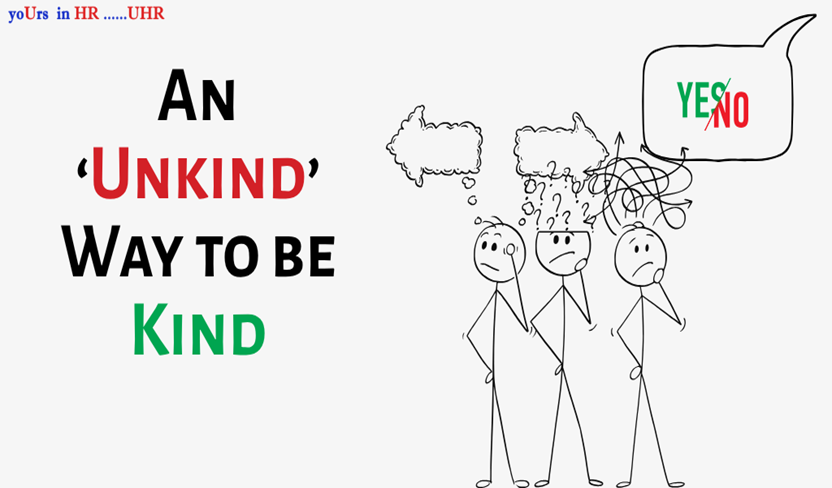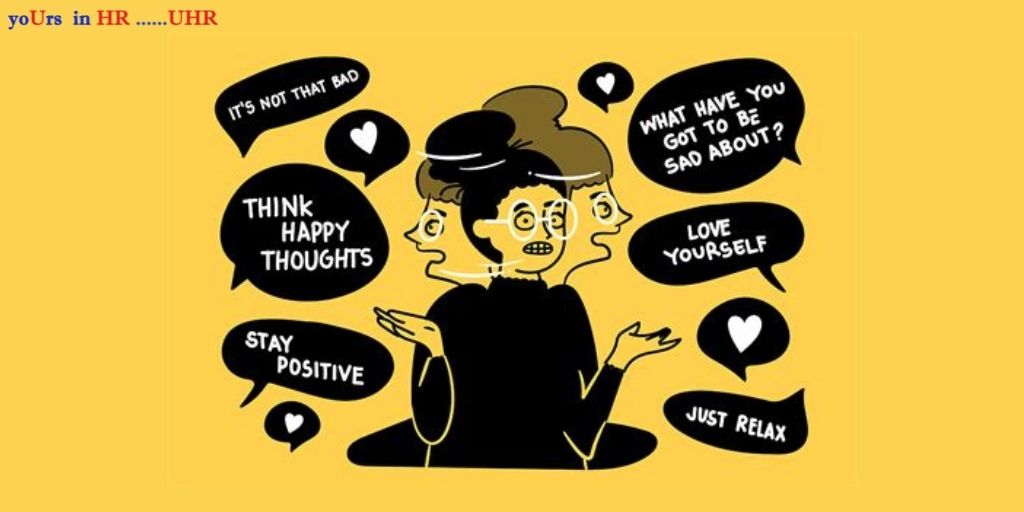
Anisha has had a not-so-great interview. It was just one of those days. She knew it had not gone too well, and she just wanted to move past it. She wanted to now look into what could be done next. She was prepared for a ‘no’ and just wanted to hear it so that she could plan ahead.
Instead, what she received in her e-mail was something else. She was told that they find her promising and they will reach out to her as required.
She did not like this. Why? We will get to that reason soon.
Let us look at one more scenario before that.
Ashu had been assigned to mentor an intern named Vikas. Vikas was quite eager to learn- he often accompanied Ashu to major meetings, and networking events to get more ‘real world’ experience. The only issue with Vikas was that he sometimes said things out loud a bit too bluntly. Where someone could have been wrong, Vikas simply pointed it out. There was no constructive feedback, or no follow up questions that may give the other a chance to speak about their side of things. Ashu noticed this habit and wanted to point it out to Vikas but he held back fearing it might upset their dynamic. Or that Vikas might not take it in the right spirit.
Ashu’s approach was not the best if we look at it in the long run. Why?
The reason is the same as why Anisha also did not like that e-mail she received.
The reason being a lack of honesty and in turn, lack of clarity.
When Anisha is left with that uncertain e-mail, it gives her false hopes. Thoughts will come to her such as ‘They are saying they find me promising so I guess I still have a chance…’ or ‘What if they call just when I take up another job?’
If they had simply said that although she is promising, her profile does not fit what they are looking for, Anisha would have got that message loud and clear. A negative message for sure, and a bit of a heartbreak even, but she would know that it’s time for her to move on and look elsewhere.
When Ashu refrained from telling Vikas that the latter needed to be wiser with his interactions, speak more gently, be a better listener, more curious and less judgmental, Vikas would have known what was the issue with his ways. He would have learned something about himself. After all, Ashu is the mentor, and it is okay if he points this out, in fact, he should point this out. On the other spectrum is of course, the bluntness that we saw in the intern’s ways of speaking, which needs correction.
The current culture tells us to be kinder to each other. We see tons of online content, telling how people might be struggling with their own silent battles and thus we should be more considerate. We are often scared to tell people something clearly, and hope that the issue will resolve itself.
This is seen in the form of professional ghosting, feedback sandwiched in jargon or feedback that is more about pointing out mistakes and less about giving clarity about the corrections needed. Feedback that doesn’t tell anything concrete. Ultimately all these forms of communication with a lack of clarity lead to systems lacking transparency.
Clarity and honesty are gifts that could act like (somewhat) bitter medicines that ultimately lead to good. Saying no, giving negative but constructive feedback, calling the situation as it is- these all lead to clarity, redirection and ultimately growth. We can be kind with it. In fact, sometimes, that is the kindest thing we can do to.



